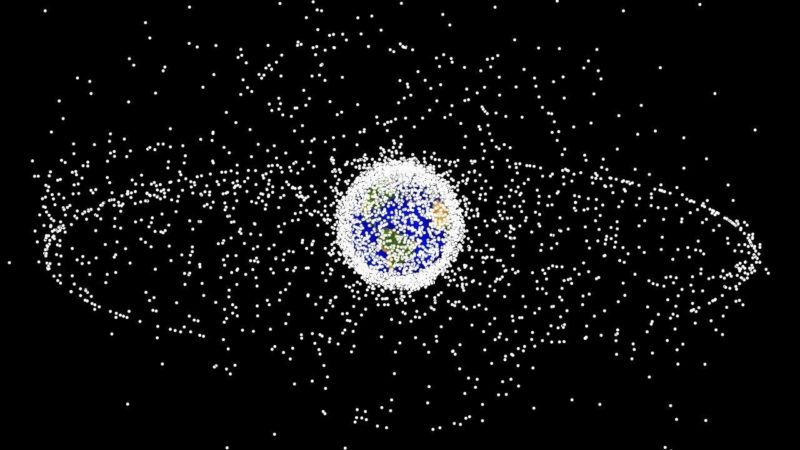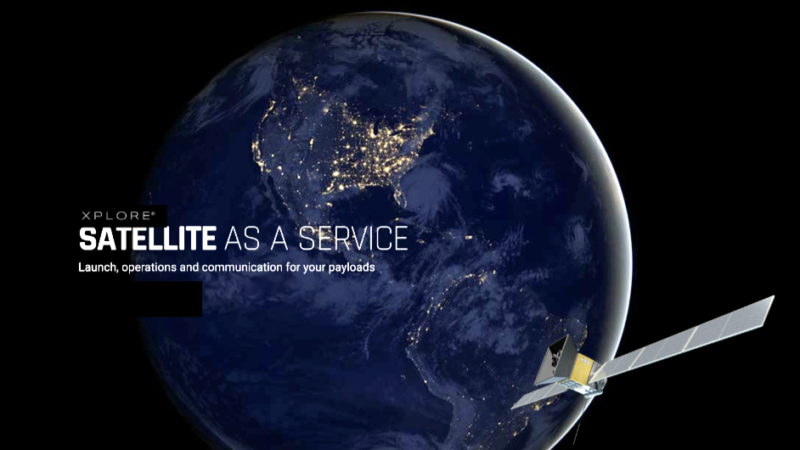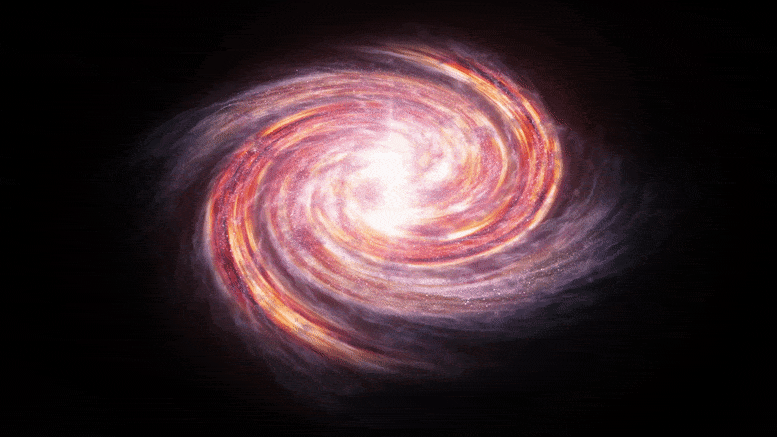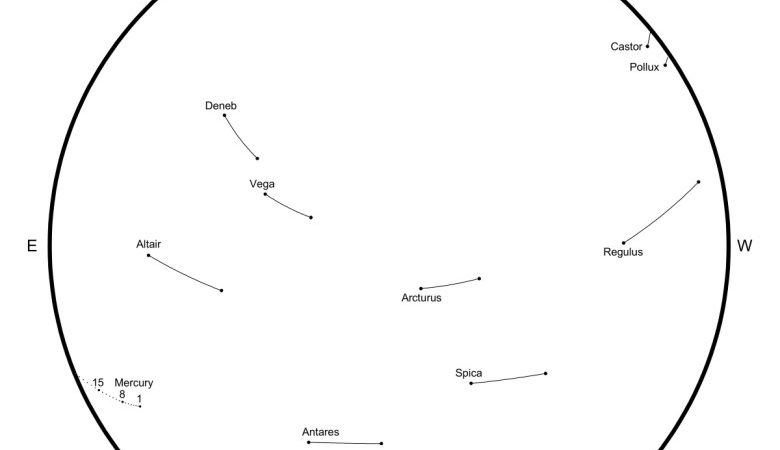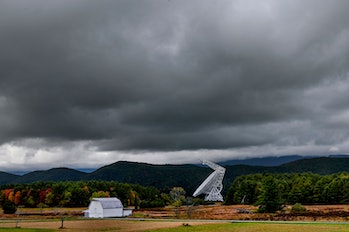The Growing Importance of a Tech Savvy Astronomy and Astrophysics Workforce – Space Ref
Status Report From: arXiv.org e-Print archive
Posted: Monday, October 21, 2019
Dara Norman (NOAO), Kelle Cruz (Hunter College), Vandana Desai (Caltech IPAC-IRSA), Britt Lundgren (University of North Carolina Asheville), Eric Bellm (University of Washington), Frossie Economou (LSST), Arfon Smith (STScI), Amanda Bauer (LSST), Brian Nord (Fermi Lab), Chad Schafer (Carnegie Mellon University), Gautham Narayan (STScI), Ting Li (Fermi Lab), Erik Tollerud (Space Telescope Science Institute), Brigitta Sipocz (DIRAC Institute University of Washington), Heloise Stevance (University of Auckland University of Sheffield), Timothy Pickering (MMT Observatory), Manodeep Sinha (Swinburne University of Technology ARC Centre of Excellence for All Sky Astrophysics in 3 Dimensions ASTRO 3D), Joseph Harrington (University of Central Florida), Jeyhan Kartaltepe (Rochester Institute of Technology), Dany Vohl (ASTRON Netherlands Institute for Radio Astronomy), Adrian Price-Whelan (Center for Computational Astrophysics Flatiron Institute), Brian Cherinka (Johns Hopkins University), Chi-kwan Chan (Steward Observatory University of Arizona), Benjamin Weiner (MMT Observatory University of Arizona), Maryam Modjaz (NYU), Federica Bianco (University of Delaware), Wolfgang Kerzendorf (Michigan State University), Iva Laginja (Space Telescope Science Institute), Chuanfei Dong (Princeton University)
(Submitted on 17 Oct 2019)
Fundamental coding and software development skills are increasingly necessary for success in nearly every aspect of astronomical and astrophysical research as large surveys and high resolution simulations become the norm. However, professional training in these skills is inaccessible or impractical for many members of our community. Students and professionals alike have been expected to acquire these skills on their own, apart from formal classroom curriculum or on-the-job training. Despite the recognized importance of these skills, there is little opportunity to develop them – even for interested researchers. To ensure a workforce capable of taking advantage of the computational resources and the large volumes of data coming in the next decade, we must identify and support ways to make software development training widely accessible to community members, regardless of affiliation or career level. To develop and sustain a technology capable astronomical and astrophysical workforce, we recommend that agencies make funding and other resources available in order to encourage, support and, in some cases, require progress on necessary training, infrastructure and policies. In this white paper, we focus on recommendations for how funding agencies can lead in the promotion of activities to support the astronomy and astrophysical workforce in the 2020s.
Comments: Submitted as a ASTRO2020 Decadal Survey APC position paper. arXiv admin note: substantial text overlap with arXiv:1905.05116
Subjects: Instrumentation and Methods for Astrophysics (astro-ph.IM)
Cite as: arXiv:1910.08376 [astro-ph.IM] (or arXiv:1910.08376v1 [astro-ph.IM] for this version)
Submission history
From: Dara Norman
[v1] Thu, 17 Oct 2019 05:33:50 UTC (115 KB)
https://arxiv.org/abs/1910.08376
// end //
More status reports and news releases or top stories.
Please follow SpaceRef on Twitter and Like us on Facebook.
Please enable JavaScript to view the comments powered by Disqus.

